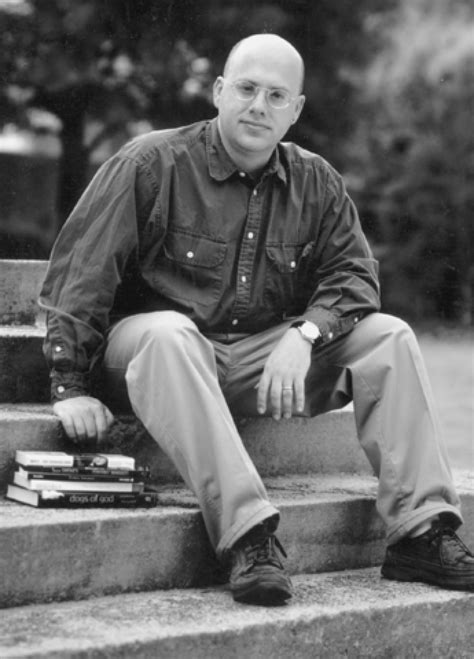A Quote by Dalai Lama
The best way to resolve any problem in the human world is for all sides to sit down and talk.
Related Quotes
There is a saying in India that the person who should throw a stone first is the person who has not committed any sins. In the world right now, a lot of people want to give advice. But look within them, and they too have sinned in some way. Ultimately, India's view point is that efforts need to be made to sit together and talk, and to resolve problems in an ongoing process.
The most important thing in all human relationships is conversation, but people don’t talk anymore, they don’t sit down to talk and listen. They go to the theater, the cinema, watch television, listen to the radio, read books, but they almost never talk. If we want to change the world, we have to go back to a time when warriors would gather around a fire and tell stories.
The argument culture urges us to approach the world - and the people in it - in an adversarial frame of mind. It rests on the assumption that opposition is the best way to get anything done: The best way to discuss an idea is to set up a debate; the best way to cover news is to find spokespeople who express the most extreme, polarized views and present them as 'both sides'; the best way to settle disputes is litigation that pits one party against the other; the best way to begin an essay is to attack someone; and the best way to show you're really thinking is to criticize.
What keeps me up at night in a negative way is, if we don't solve the problems of the human heart and of the human head, of human psychology, there is no technological solution so great that it can prevent the world that is coming, and a world of suitcase bombs or of the ability to pollute the planet in a way that it cannot recover, of global warming and the rest. We've created through science and technology a different world that has frightening sides to it, and psychology and behavioral science has to be part of this. We're going to have to find a way to humanize the culture itself.
We can talk about the economy, we can talk about Social Security. The biggest problem this world has is nuclear proliferation. And we have a country out there, North Korea, which is sort of wacko, which is not a bunch of dummies. And they are going out and they are developing nuclear weapons. And they're not doing it because they're having fun doing it. They're doing it for a reason. And wouldn't it be good to sit down and really negotiate something and ideally negotiate? Now, if that negotiation doesn't work, you'd better solve the problem now than solve it later.
I think that there's something in the American psyche, it's almost this kind of right or privilege, this sense of entitlement, to resolve our conflicts with violence. There's an arrogance to that concept if you think about it. To actually have to sit down and talk, to listen, to compromise, that's hard work.
You're not a Black man. You're a human being in God's eyes. So when you sit down to talk to someone and you talk to them in really intelligent terms, you ask difficult questions, there's a militancy that's assigned to you without you asking for it, because you are simply judged by what you look like. If you're a white person asking the same questions, you'd be one of these CNN guys and say how brilliant he is. That doesn't work for you, because this is the world we live in.








































